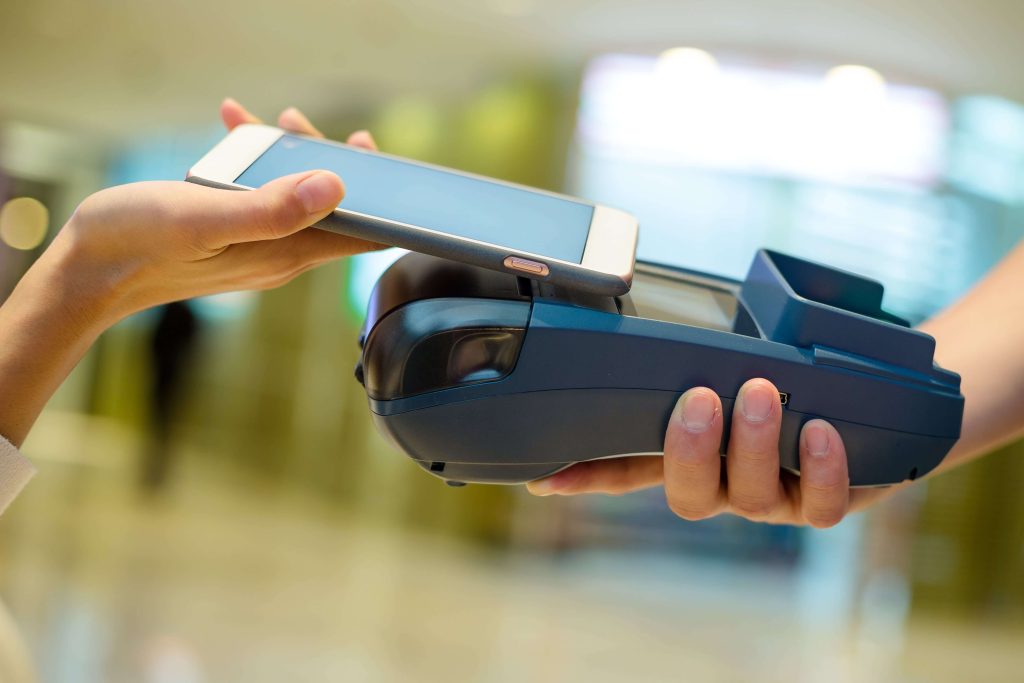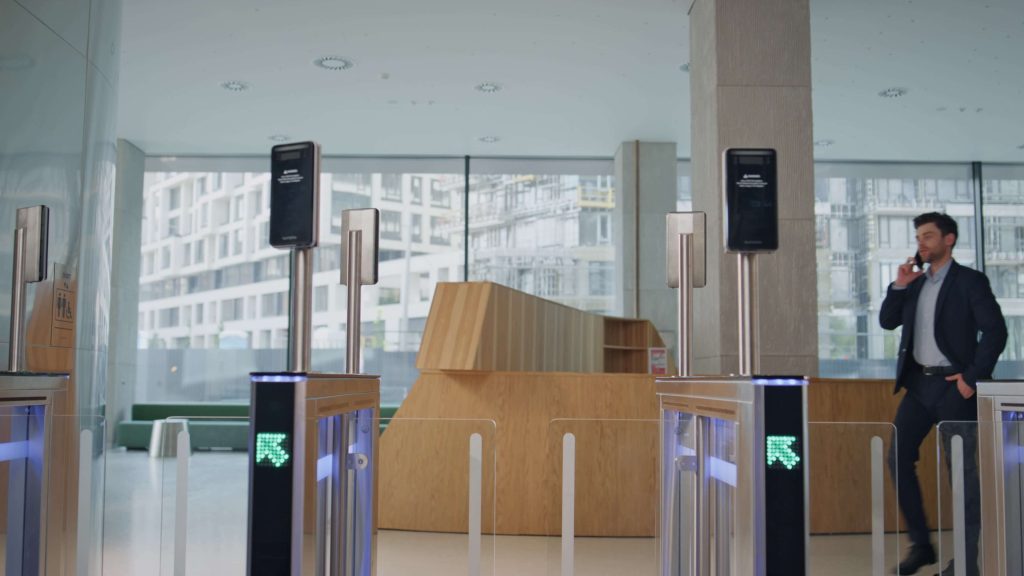The increase in events and lasting security fears have been and still is a concern for the organizers, and attendees. However, whether it is a small corporate meeting or a trade venue, achieving the desired level of restriction in the access into the event space is important. This is where access control systems come in. These systems are intended to manage and restrict any physical point of entry that allows only approved individuals into the premises.
With the help of digital tickets or RFID wristbands, access control systems simplify the process of checking an attendee’s credentials while preventing intrusions. An efficient access control system enables event planners to strengthen security, prevent ticketing misconduct, and provide a pleasant experience for attendees. In this blog, we will look at the many types of access control systems, their important features, and how they might help with event security management.
Table of Contents
What Are Event Access Control Systems?
The event access control systems allow for monitoring the number of attendees effectively while safeguarding them and the entire event. They employ a range of technologies for credential verification and entry control including QR codes, biometrics, and RFID access control.
Access control systems typically consist of two main components:
- Hardware: This comprises scanners, turnstile gates, RFID readers, and other devices.
- Software: These are programs that allow for the administration of participant information, and tracking of exits and entrances, and serve as part of the overall event organizing system.
However, using the correct access control system for your event can not only help you protect the venue, but it will also improve the attendees’ experience. For example, ‘last minute’ wireless access control systems provide admission management without the need for extensive cabling installation, making them ideal for outdoor events or huge exhibits.
Types of Event Access Control Systems
Several types of access control systems are used depending on the event’s needs and the amount of security required.
QR Code & Barcode Scanning
QR code and barcode scanning are cost-effective and widely used forms of access control. At the entry locations, digital passcodes belonging to attendees are often scanned to confirm the attendees. Most of this tool is supported by a barrier in the form of physical objects like turnstile gates promoting an easy flow of attendees.
RFID Access Control
Exhibitions and even festivals, where contactless entry is crucial, are some good examples. RFID access control is the use of radio frequency identification technology to scan RFID wristbands or ID badges enabling fast and reliable entrance. Such a system is highly effective even more so with the help of a turnstile gate to prevent any unauthorized persons from accessing restricted zones.

Biometric Systems
Biometric access control systems secure a person’s physical attributes, such as fingerprints and facial recognition. Such systems are very common in high-profile events and VIP events. However, for less sensitive events, radio frequency identification-based access control or scanning through the Quick Response code can be implemented.
Turnstile Gates
Turnstile gates are an essential component of physical security in access control systems. These gates prevent the ingress of more than one person at a time thereby minimizing the chances of over-swarming and ticket scamming. Usually used along with RFID or barcode scanners for access control, turnstile gates act as an additional barrier at entrances to stop people from getting in without permission.

Wireless Access Control
Wireless access control is one of the industry’s most recent advancements, eliminating the requirement for physical wiring at entrance points. Access control enables event organizers to set and manage entrance points from a distance, allowing for quick alteration of security measures as needed. This is crucial, especially for big open events or sites having several entry points.
To read more: QR Code vs RFID: Which Is Better for Event Management?
Key Features of Modern Access Control Systems
Access control systems have a variety of features that not only improve security but also simplify the event management process.
Real-Time Tracking
Modern access control systems help ensure that no area becomes overcrowded and provide real-time monitoring of the movement of attendees. For instance, using the RFID access control system, the locations of each attendee in the active space can not only be monitored but also the inflow and outflow of the attendees can be controlled. This comes in handy, especially in cases such as events that have several entrances and exits and in which, for example, wireless control systems for entrance management allow security to be flexible.
Credential Management
Access control systems must include the ability to handle multiple levels of access as one of their core functions. It does not matter whether one employs a rudimentary QR code system or an advanced RFID access control system. General attendees, staff, and VIP attendees can assign various access levels to prevent unauthorized area access by certain individuals. This action prevents unauthorized personnel from accessing restricted areas such as backstage or VIP lounges.
Integration with Event Management Platforms
The best access control systems are those that work with other event access management systems that allow the overseers to run the security, ticket sales, and the number of attendees from one dashboard.
Wireless Access Control Capabilities
With the advent of wireless access control, event managers have much more options when it comes to organizing security. These systems can be supervised and changed from afar, which helps a lot in securing large and ever-changing places without having to do lots of cabling. The option is useful, especially for outdoor festivals, exhibitions, and other similar events that come on a grand scale.
Benefits of Using Access Control Systems for Security Management
Access control systems offer numerous benefits that go beyond simple ticket verification. They enhance security, improve the attendee experience, and prevent unauthorized access.
Improved Attendee Experience
Effective access control systems implemented distinctly work well in reducing the time spent waiting for entry. For instance, employing the use of RFID access controls together with the turnstile gates helps accelerate the check-in process, allowing for better movement of people into the venue.
Enhanced Security
Access control systems prevent unauthorized access, which forms the cornerstone of the security of an event. RFID access control systems monitor real-time admission into a venue and prevent fraudulent entry. A turnstile gate set at all access points allows just one person to walk through the gate at any given moment. This helps in reducing the possibility of congestion or unwelcome attendees entering the event.
Prevention of Fraud and Ticket Scalping
A digital ticket allows managers to easily track and control ownership over tickets. RFID access control systems also help reduce the chances of ticket scalping or fraud. The best kinds of access control systems also can flawlessly transfer tickets, meaning that all attendees gain legitimate access.
Crowd Management and Safety
Real-time data from access control systems allows organizers to manage crowds more effectively. RFID access control systems can keep track of the attendees, thereby ensuring that certain sections of the venue do not become congested. With the help of turnstile and wireless access control systems, security operations on the ground can be conducted by security management.
Best Practices for Implementing Event Access Control
When implementing an access control system, it’s essential to follow best practices to ensure both security and attendee satisfaction.
Security Assessments
Before selecting an access control system, conduct a thorough security assessment of your venue and event needs. This will help you to decide whether a basic QR code system, an RFID access control system, or an integrated wireless access control system with multiple entry points is necessary.
Layered Security
To maximize security, physical obstacles like turnstile gates should be incorporated together with these digital access control systems. This minimum layers approach greatly reduces any possible chances of unauthorized access thereby enhancing the overall security.
Staff Training
Event staff must be trained concerning the proper use of access control systems from ticket scanning to problem solving. Training is especially crucial to more technologically advanced systems such as RFID access control, and biometrics systems.
Conclusion
In conclusion, access control systems are essential for securing modern events. It can be a simple method of checking in attendees through the use of a QR code or an RFID access system. Every aspect of the event is taken care of using these systems. Event planners can further augment security and the general satisfaction of participants by choosing the most appropriate access control systems. Also, employing turnstile gates and wireless access control systems among other tools.

FAQ (Frequently Asked Questions)
When choosing an access control system, evaluate factors such as the size and nature of the event, the anticipated number of participants, and particular security requirements. Also, assess features such as live tracking, connectedness with event management solutions, and the intensity of credentialing.
The implementation of access control systems can make the process of entering an event much more efficient leading to shorter queues and better overall experience for the patrons. Access control systems offer features such as RFID wristbands or QR code scanning that help in checking in attendees quickly enabling them to participate in the event with minimal to no interruptions.
Yes, most of the access control systems are customized and manufactured to integrate with the event management systems. This enables the event organizers to control the ticket sales, and the data of attendees and security in one application. This helps in streamlining the processes and improving the event management as a whole.
Best practices include conducting a thorough security assessment of the venue, using layered security measures, and training staff on the proper use of access control technology. To avoid any eventualities, the system should be taken through a dry run a few times before the event.
RFID access control systems minimize ticket scalping by linking tickets to individual attendees. Every RFID wristband or badge is programmed with specific access levels so that entry is only permitted to ticket holders. This technology also allows for proper monitoring of who buys and uses the tickets.




















